![[background image]](https://cdn.prod.website-files.com/68ab43c4963b806f21e5c063/68ab440313853ac9701da8ab_68aac01a883c8710b8db0fdb_security-min.png)
Security fencing is the ideal choice when safety and protection are your top priorities. Built from durable materials and designed to resist climbing or tampering, these fences act as a strong barrier against unauthorized access. Perfect for homes, businesses, and industrial sites, security fencing combines strength with long-term reliability.
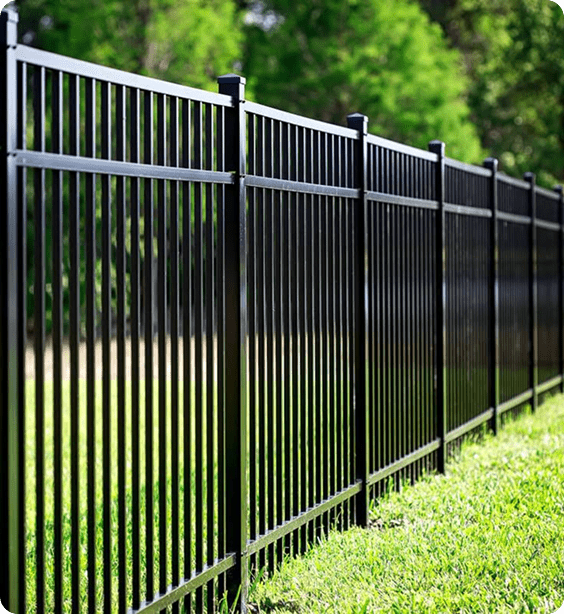
Steel Security Fence
Palisade Fence
Anti-Climb Fence
Chain-Link with Security Enhancements
Barbed Wire / Razor Wire Fence
A secure fence starts with strong materials and precision installation.
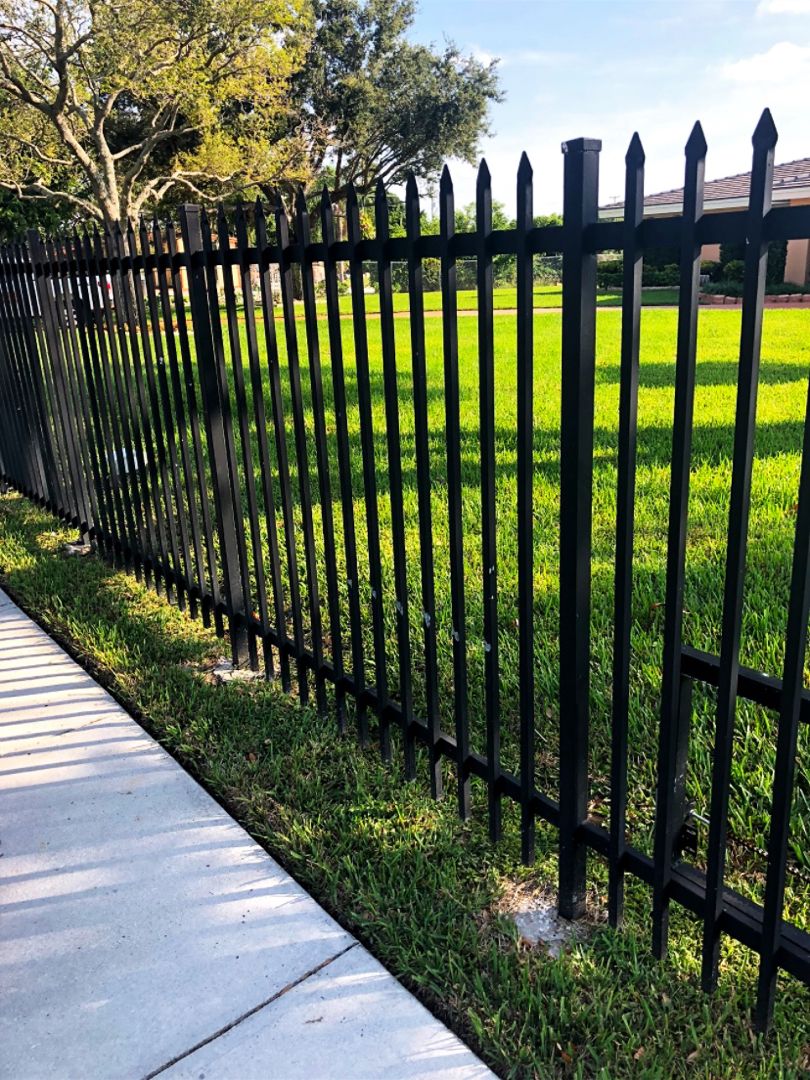
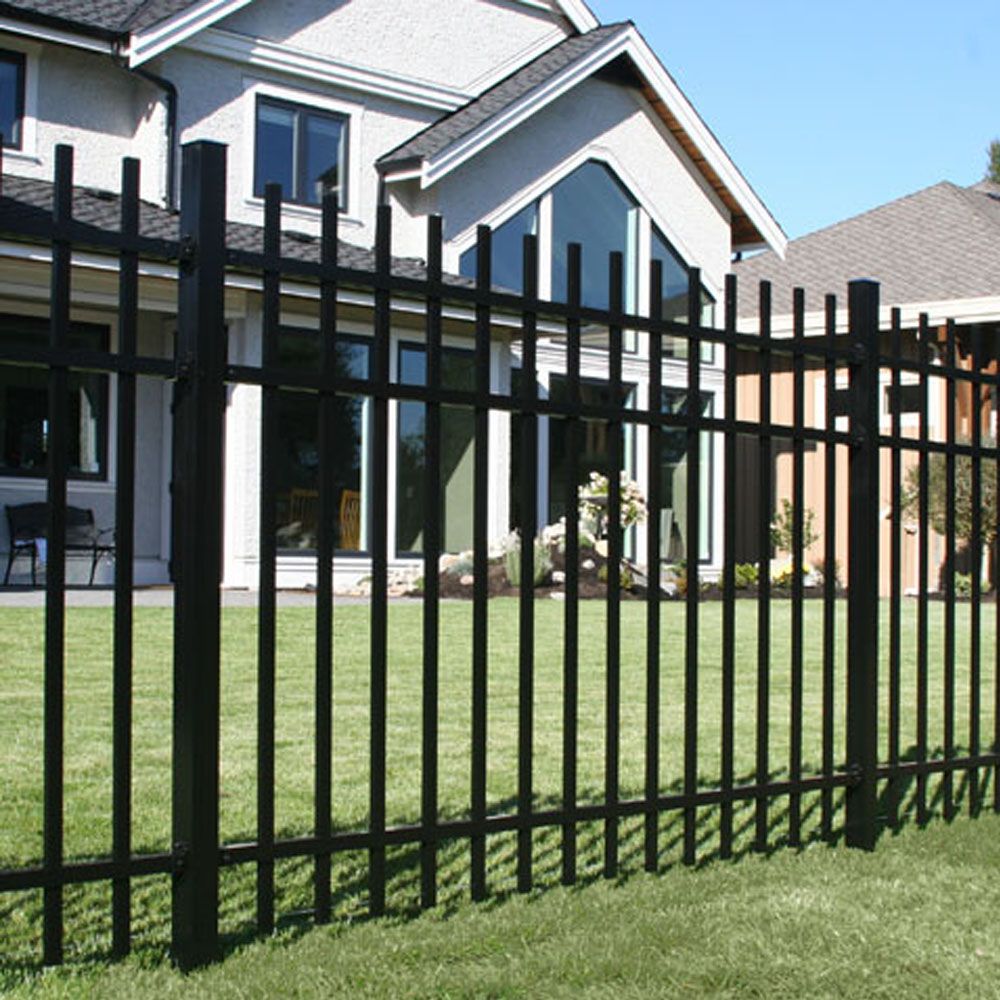
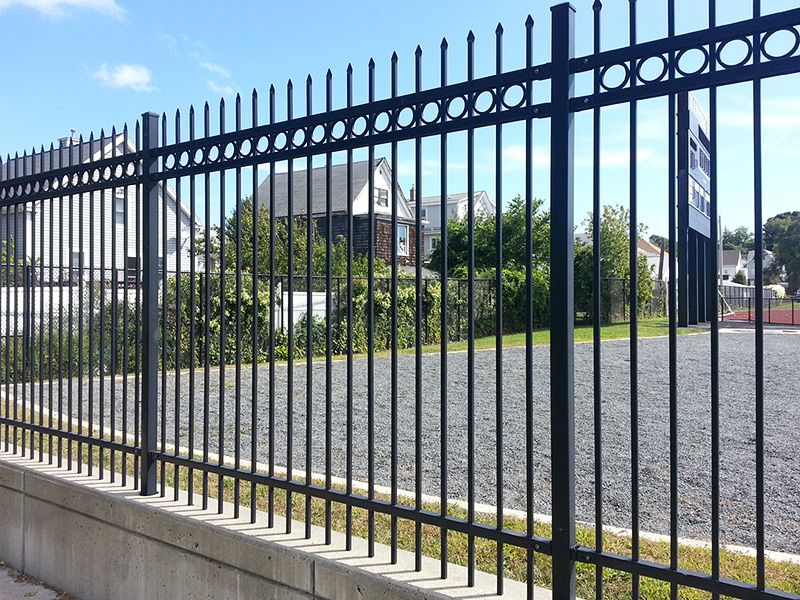
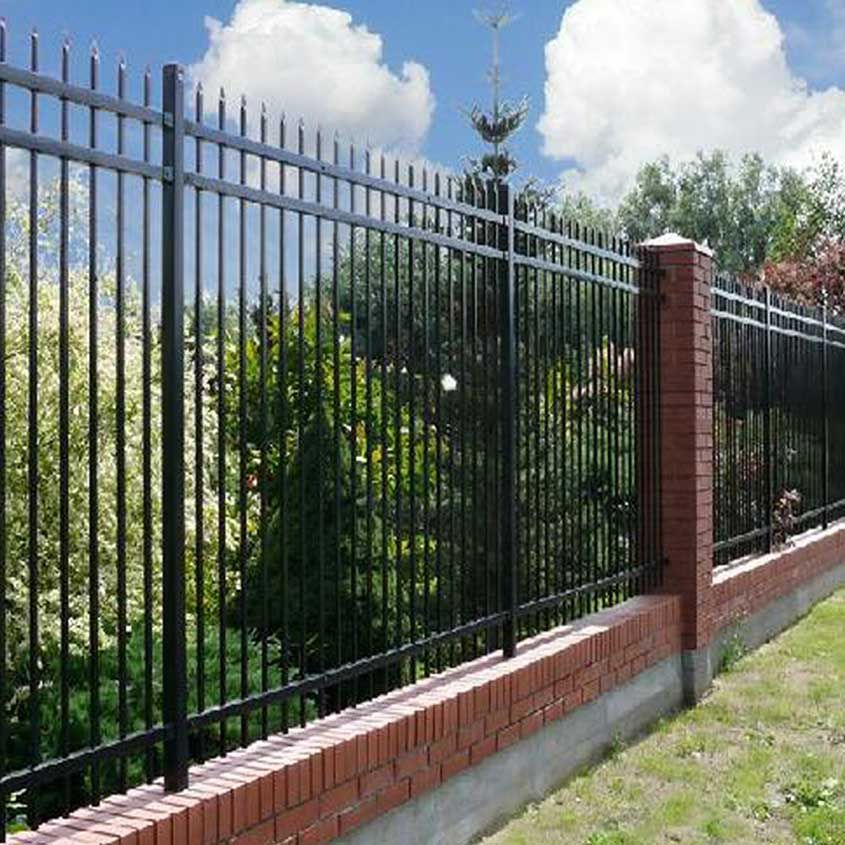
.jpg)
We walk the perimeter, identify vulnerable points, and map out gate placement for both security and traffic flow.
We provide a detailed plan and estimate, outlining the work needed, materials, and costs upfront
Safety first—before digging, we ensure all underground utilities are marked.
Our crew installs with precision for maximum strength and durability.
We finish by ensuring everything works seamlessly and provide records for your peace of mind.




.jpg)




.jpg)
Have questions about fencing? Our team is here to help — reach out anytime by phone or Fill out the form and we will contact you.
Trusted by Tampa Bay homeowners and businesses.
Frequently asked Questions
Learn MoreChain link fences enhanced with accessories like barbed wire or razor coils (where allowed) Palisade fences: steel verticals with horizontal reinforcement bars for durability Steel fences, including ornamental and welded wire, offering high rigidity and resistance Aluminum fences for corrosion resistance in coastal areas Vinyl fences offering low maintenance and good aesthetics Welded wire fences for modern, anti-climb functionality Electronic security enhancements such as alarms and camer
Galvanized and powder-coated steel, aluminum with powder coat, and vinyl are preferred Stainless steel hardware and zinc coatings minimize corrosion from salt air and humidity Fiber-reinforced materials or composite infill improve longevity and wind resistance
Proper engineering of post embedment depth and diameter tailored to wind loads Using reinforced posts and rails, shorter panel spans especially with privacy infills/screens Incorporating design features to reduce uplift and incorporating breakaway or hinged sections if needed
Residential fence height usually capped at 6 feet (additional permits needed for taller) Commercial or industrial fences can be higher depending on local codes Setbacks vary according to municipal and HOA restrictions, also requiring utility locates before digging
Walk gates typically 3-6 feet wide with self-closing and self-latching hardware Double swing or slide gates sized for vehicle traffic with reinforced frames Integration with automation and access control systems (keypads, card readers, apps) Hardware rated for coastal conditions with corrosion resistance
Periodic rinsing to remove salt and pollutants Lubricate moving parts (hinges, latches) yearly or biannually Inspect and tighten fabric tension on chain link and wire fences regularly Replace damaged panels or hardware promptly after storms or impacts
Compliance with local ordinances on height, climb resistance, and gate hardware for pool and pedestrian safety Some municipalities restrict barbed wire or razor accessories in residential areas Access control and integration with monitored security systems encouraged for enhanced protection
Yes, combinations such as ornamental fencing at the front with chain link in the rear Incorporation of privacy infill panels or screens on chain link fences Use of mixed materials to address site-specific needs (e.g., vinyl privacy on sides, ornamental on front)